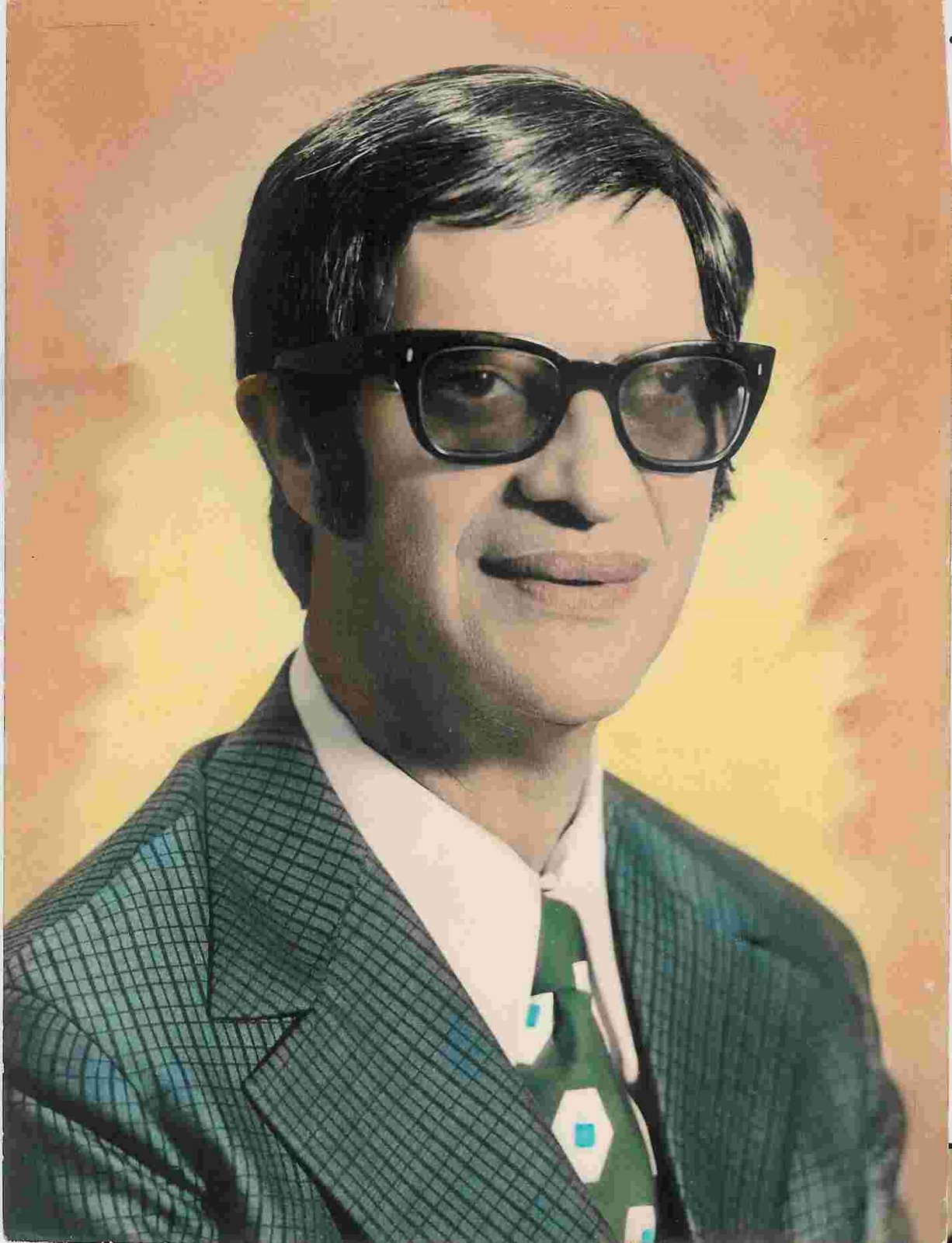Francisco Cândido Xavier was a prolific writer, though he had help.
At least, that’s what the Brazilian man affectionately known as Chico Xavier claimed. He fancied himself as a ghostwriter for ghosts, a medium who would “receive” the books from the deceased and transcribe them. Psicografía, it is called. The opening of “Dead Man Talking,” Laura Premack’s Boston Review article:
In Brazil, dead people write books. Not only do they write books, they sell them. Many fly off the shelves.
The process is called psicografía or psychography, also known in English as automatic writing: mediums go into trance, channel the spirits of the deceased, and record their words. Sometimes mediums channel the spirits of famous writers and poets such as Victor Hugo and Humberto de Campos, the renowned Brazilian poet and journalist whose family sued the medium-author of several collections of his supposedly posthumous poems and essays—not because they objected on principle but because they wanted a share of the profits. Sometimes mediums channel historical figures, such as nineteenth-century politician Bezerra de Menezes, and sometimes they channel unknowns.
Brazil’s most prolific and beloved medium was Francisco Cândido Xavier. Known fondly as Chico Xavier, he published more than 400 books from 1932 until his death at age ninety-two in 2002. At least 25 million copies of his books have been sold, likely more. They have been translated into many languages, including Greek, Japanese, and Braille. His Nosso Lar, a sort of spiritual memoir first published in 1944, is probably the biggest psychographic hit ever. More than sixty Brazilian editions have been printed and nearly 2 million copies sold.
In addition to publishing books, Xavier used his psychographic ability to record more than ten thousand letters from dead people to their families.•
__________________________
Beginning in 1970, Chico Xavier began appearing on the TV show Pingo Fogo.

